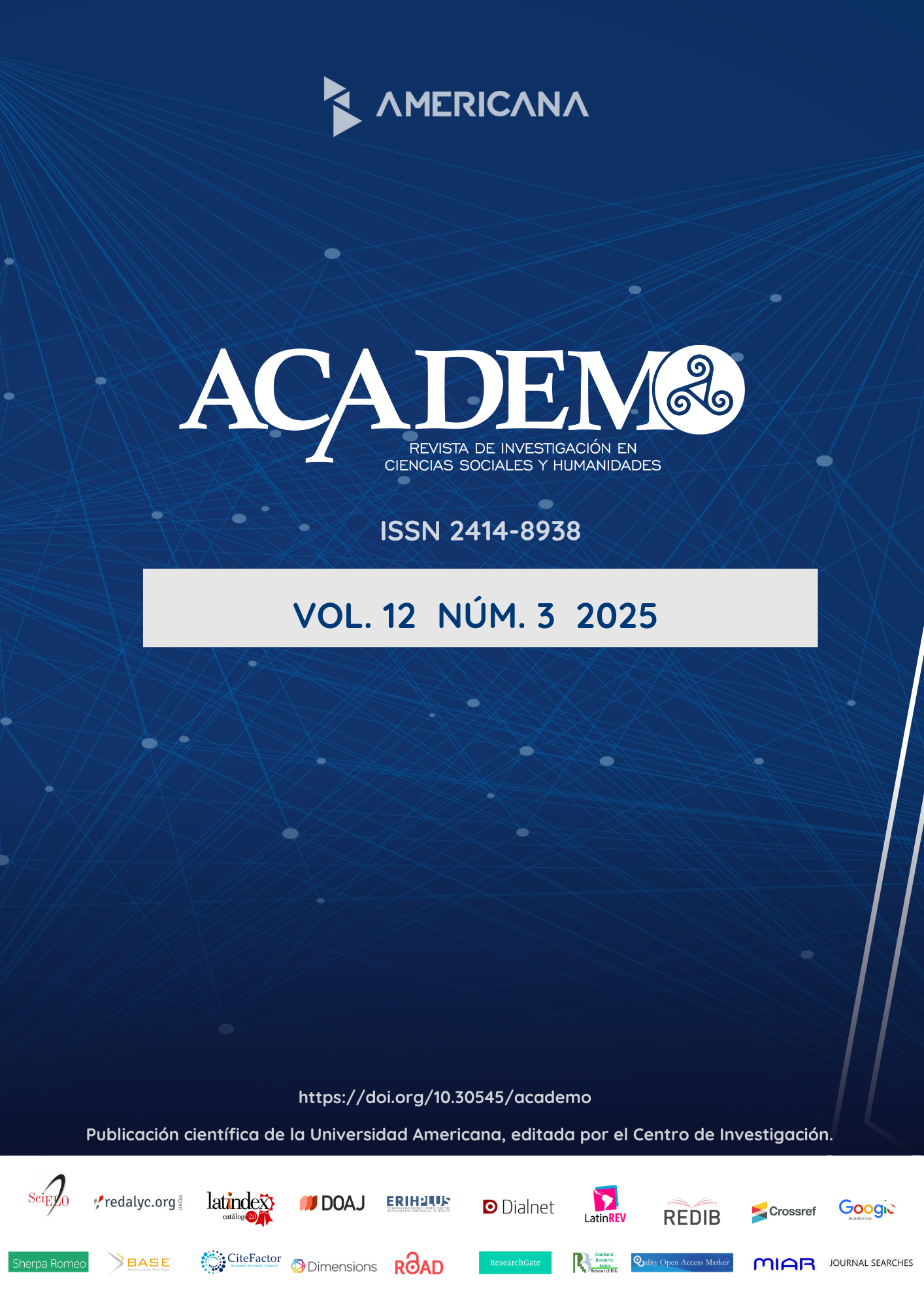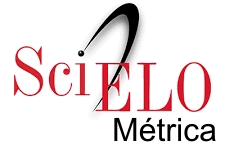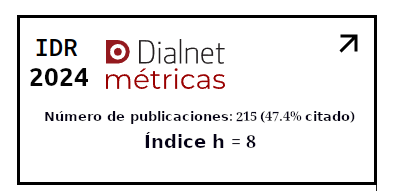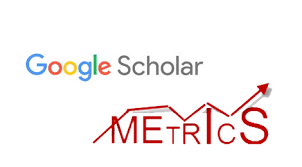Perceived teacher self-efficacy for the educational inclusion of students with autism: an exploratory study of Education System in Paraguay
DOI:
https://doi.org/10.30545/academo.2025.n3.1106Keywords:
Teacher self-efficacy, autism, inclusive education, ParaguayAbstract
Current teachers receive in their classrooms students with diverse conditions, such as autism. It is essential that they have the necessary tools to provide a quality education. Understanding how teachers perceive their own abilities to include students with autism, known as self-efficacy is crucial. The objective of this study is to analyze the perceived level of self-efficacy of teachers for teaching students with autism in inclusive classrooms in Paraguay, and to examine the reliability and validity of the translated and adapted scale developed for this purpose. Regarding methodology, this is an observational, quantitative, exploratory, cross-sectional, and non-experimental study. A total of 121 teachers from different regions of Paraguay participated. The results show that 53.4% perceive their self-efficacy as medium, while 5.9% consider it low. This reflects a lack of confidence in their abilities to teach students with autism, particularly in the use of assessment strategies and the implementation of evidence-based practices. The adapted instrument proved to be reliable for research purposes. Considering these findings, it is important to emphasize that teacher self-efficacy is vital for the effective inclusion of students with autism. It is recommended to provide teachers with additional tools and supports to strengthen their skills in including these students in inclusive settings.
Downloads
References
Agencia de Información Paraguaya. (2018, 16 de octubre). Docentes se capacitan en educación inclusiva. https://www.ip.gov.py/ip/docentes-se-capacitan-en-educacion-inclusiva/
Ainscow, M. (2020). Promoting inclusion and equity in education: Lessons from international experiences. Routledge.
Alnahdi, G., & Schwab, S. (2021). Special education major or attitudes to predict teachers' self-efficacy for teaching in inclusive education. Frontiers in Psychology, 12, 680909.
American Psychiatric Association. (2013). Diagnostic and statistical manual of mental disorders (5th ed.). https://doi.org/10.1176/appi.books.9780890425596
Bandura, A. (1997). Pensamiento y acción: Fundamentos sociales. Martínez Roca. (Original Work Published 1986).
Christensen, D. L., Bilder, D. A., Zahorodny, W., Pettygrove, S., Durkin, M. S., Fitzgerald, R. T., ... Yeargin-Allsopp, M. (2016). Prevalence and characteristics of autism spectrum disorder among 4-year-old children in the Autism and Developmental Disabilities Monitoring Network. Journal of Developmental and Behavioral Pediatrics, 37(1), 1-8. https://doi.org/10.1097/DBP.0000000000000235
Creswell, J. W., & Plano Clark, V. L. (2023). Designing and conducting mixed methods research (4th ed.). Sage.
Elsabbagh, M., Divan, G., Koh, Y. J., Kim, Y. S., Kauchali, S., Marcin, C., Fombonne, E. (2012). Global prevalence of autism and other pervasive developmental disorders. Autism Research, 5(3), 160-179. https://doi.org/10.1002/aur.239
Fathi, J., Greenier, V., & Derakhshan, A. (2021). Self-efficacy, reflection, and burnout among Iranian EFL teachers: The mediating role of emotion regulation. Iranian Journal of Language Teaching Research, 9(2), 13-37. https://doi.org/10.30466/ijltr.2021.121043
Florian, L., & Beaton, M. (2021). Teacher self-efficacy in inclusive education: A framework for research. Teaching and Teacher Education, 105, 103400.
George, D., & Mallery, P. (2003). SPSS for Windows step by step: A simple guide and reference (4th ed.). Allyn & Bacon.
Gómez-Marí, I., Cerezuela, G., Lacruz-Pérez, I., & Mínguez, R. (2022). Do labels matter? Analysis of teachers' self-efficacy towards autism spectrum disorder depending on the diagnostic label used (ASD or Asperger's). Journal of Research in Special Educational Needs, 23(2), 126-135. https://doi.org/10.1111/1471-3802.12585
Hastings, R. P., & Brown, T. (2002). Behavior problems of children with autism, parental self-efficacy, and mental health. American Journal on Mental Retardation, 107(3), 222-232. https://doi.org/10.1352/0895-8017(2002)107
Hernández Sampieri, R., Fernández Collado, C., & Baptista Lucio, P. (2010). Metodología de la investigación (5ª, ed.). McGraw Hill.
Humphrey, N., & Lewis, S. (2008). What does 'inclusion' mean for pupils on the autistic spectrum in mainstream schools? Journal of Research in Special Educational Needs, 8(3), 132-140. https://doi.org/10.1111/j.1471-3802.2008.00115.x
Johansson, S. (2014). He is intelligent but different: Stakeholders' perspectives on children on the autism spectrum in urban Indian school context. International Journal of Disability, Development and Education, 61(4), 416-433. https://doi.org/10.1080/1034912X.2014.955786
Johnson, A., Soares, L., & Gutierrez, A. (2021). Professional development for working with students with autism spectrum disorders and teacher self-efficacy. Georgia Educational Researcher, 18(1). https://doi.org/10.20429/ger.2021.180101
Kraft, M., Blazar, D., & Hogan, D. (2018). The effect of teacher coaching on instruction and achievement: A meta-analysis of the causal evidence. Review of Educational Research, 88(4), 547-588. https://doi.org/10.3102/0034654318759268
Larcombe, T., Joosten, A., Cordier, R., & Vaz, S. (2019). Preparing children with autism for transition to mainstream school and perspectives on supporting positive school experiences. Journal of Autism and Developmental Disorders, 49(8), 3073-3088. https://doi.org/10.1007/s10803-019-04020-1
Li, S. (2023). The effect of teacher self-efficacy, teacher resilience, and emotion regulation on teacher burnout: A mediation model. Frontiers in Psychology, 14. https://doi.org/10.3389/fpsyg.2023.1185079
Love, A. M. A., Findley, J. A., Ruble, L. A., & McGrew, J. H. (2020). Teacher self-efficacy for teaching students with autism spectrum disorder: Associations with stress, teacher engagement, and student IEP outcomes following COMPASS consultation. Focus on Autism and Other Developmental Disabilities, 35(1), 47-54. https://doi.org/10.1177/1088357619836767
Maenner, M. J., Warren, Z., Williams, A. R., Amoakohene, E., Bakian, A. V., Bilder, D. A., ... Shaw, K. A. (2023). Prevalence and characteristics of autism spectrum disorder among children aged 8 years — autism and developmental disabilities monitoring network, 11 sites, United States, 2020. Morbidity and Mortality Weekly Report, 72(2), 1-14. https://doi.org/10.15585/mmwr.ss7202a1
MEC. (2018). Resolución N.° 17267/2018: Por la cual se aprueban los lineamientos para un sistema educativo inclusivo en el Paraguay, en instituciones educativas de gestión oficial, privada subvencionada y privada de este ministerio. Ministerio de Educación y Ciencias. https://mec.gov.py/
MEC. (2023). Informe de gestión 2018-2023. Gobierno Nacional. https://www.mec.gov.py/cms_v2/adjuntos/20161?1691698702
Morales-Rodríguez, F. M., & Pérez-Mármol, J. M. (2019). The role of anxiety, coping strategies, and emotional intelligence on general perceived self-efficacy in university students. Frontiers in Psychology, 10, 1689. https://doi.org/10.3389/fpsyg.2019.01689
Organización de los Estados Iberoamericanos. (2018, 27 de julio). Módulo IV de la Especialización en Educación Inclusiva - Segunda cohorte. https://oei.int/oficinas/paraguay/noticias/modulo-iv-de-la-especializacion-en-educacion-inclusiva-segunda-cohorte
Ortan, F., Simut, C., & Simut, R. (2021). Self-efficacy, job satisfaction and teacher well-being in the K-12 educational system. International Journal of Environmental Research and Public Health, 18(23), 12763. https://doi.org/10.3390/ijerph182312763
Rodas-Jara, R. L., Benítez-Notario, G., Martínez, M. L., & Velázquez Romero, E. (2024). Atención a la diversidad cultural y lingüística en el Sistema Educativo de Paraguay: fortalezas, áreas de mejora y perspectivas para la implementación de buenas prácticas. Aula Pyahu, Revista de Formación Docente y Enseñanza, 2(4): 61-79, https://doi.org/10.47133/rdap2024-24art5
Rodas Jara, R., Franco, N. M., Rodas Jara, L. R., Franco, F., Gómez Leiva, E., Villalba Salinas, D., & Báez, D. (2023). Apoyo, desafíos y oportunidades de una persona con el trastorno del espectro autista en Paraguay: Análisis desde la perspectiva de los padres. Revista Científica Ciencias de la Salud, 5, 01-07. https://doi.org/10.53732/rccsalud/2023.e5108
Román Palacios, B. (2020). Relación entre autoeficacia y depresión en adolescentes: Una revisión sistemática [Trabajo de fin de Grado]. Universidad de Jaén. https://hdl.handle.net/10953.1/17625
Rumrill, P. D., Jr. (2011). Research in special education: Designs, methods, and applications (2nd ed.). Charles C Thomas.
Sharma, U., & Sokal, L. (2023). The impact of teacher training on inclusive education practices. International Journal of Inclusive Education, 27(1), 45-60. https://doi.org/10.1080/13603116.2022.2048103
Suhrheinrich, J. (2011). Training teachers to use pivotal response training with children with autism. Teacher Education and Special Education, 34(4), 339-349. https://doi.org/10.1177/0888406411406553
Tahmassian, K., & Jalali, N. (2011). Relationship between self-efficacy and symptoms of anxiety, depression, worry and social avoidance in a normal sample of students. Iranian Journal of Psychiatry and Behavioral Sciences, 5(2), 91-98.
Türkoğlu, M., Cansoy, R., & Parlar, H. (2017). Examining relationship between teachers' self-efficacy and job satisfaction. Universal Journal of Educational Research, 5(5), 765-772. https://doi.org/10.13189/ujer.2017.050509
Vázquez de Cañete, N. N., Rodas Jara, R. L., Grance Sardi, J. M., Báez Delvalle, D., Franco, N. M., Franco, F., Benitez Aquino, M. F., Cañadas Pérez, M., & Téllez Cañete, N. (2023). Percepciones de docentes acerca de la inclusión escolar y su experiencia colaborando con servicios externos de atención temprana para la inclusión de alumnos con discapacidad en el nivel inicial en Ciudad del Este y Minga Guazú del Departamento de Alto Paraná. Ciencia Latina Revista Científica Multidisciplinar, 7(6), 4791-4809. https://doi.org/10.37811/cl_rcm.v7i6.9036
UNESCO. (2015). Declaración de Incheon. Educación 2030: hacia una educación inclusiva, equitativa y de calidad y aprendizaje a lo largo de la vida para todos. https://unesdoc.unesco.org/ark:/48223/pf0000233137
UNESCO. (2020). Global Education Monitoring Report: Inclusion and education. https://unesdoc.unesco.org/ark:/48223/pf0000373718









